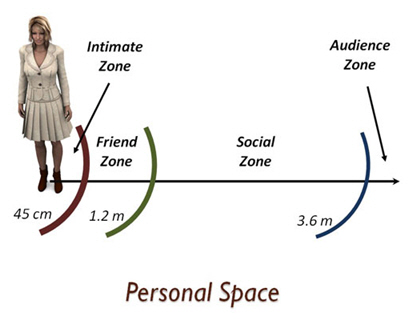In my continuous study of cultural differences, this topic is I think is the most complicated yet the most beneficial in knowing ourselves first. Have you been blaming yourself or others lately for any reason? It is time to know then these attribution tendencies...
What is attributions?
Attributions are inferences that people draw about the cause of events, others' behavior, and their own behavior
What causes X to behave like Y?
Examples:
- Others' Behavior: "He turned down my invitation because he's overworked."
- Events: "I'm stuck at home because I failed to plan ahead."
- Self Behavior: "I failed to plan ahead because I'm a procrastinator."

More examples:
Professor Ivers (2020) during his interesting discussion cited these examples: In Hongkong and India, they use internal attributions to explain both personal successes and personal failures. An in Japan, they're the exact opposite of the people in the United States, for personal failures and personal successes.If one is successful in the USA , it is because you are determined and good and if you fail, it is because of other factors. But if others are successful, they attribute it externally. They think, "you were born with a silvers' spoon, had good connections or good friends. But with personal failures of others, typical American attribute it internally: "They failed because they were just pretty dumb, not very talented or lazy."
In Japan, the typical Japanese person will attribute personal successes externally. "The reason I am successful is because of my parents, my great teachers, etc.. But he or she will attribute personal failures internally. Every time they fail, it's their fault, it's always their fault. and Japan has a high suicide rate. Ever wonder why?
Thoughts to Consider
How about you? are your personal attributional models consistent with those dominant in your culture? Are you kind and understanding to yourself and others? Maybe it is time to examine deeper this aspect. Good luck for world peace!
References:
https://wattersattribution.wordpress.com/
Ivers, J (2020). Attributional Tendencies Cultures. BYUI lectures
https://content.byui.edu/file/45b9e59e-e91a-44eb-879b-18efd35d7bab/3/Attributional%20Tendencies%20Cultures.html







 Cultural Paradigm is a shocking and amazing fact that an individual my find as he/she begins the study of human or learners' diversity. In simple words, this paradigms are how people look, and experience things as compared to other people and other places.
Cultural Paradigm is a shocking and amazing fact that an individual my find as he/she begins the study of human or learners' diversity. In simple words, this paradigms are how people look, and experience things as compared to other people and other places.